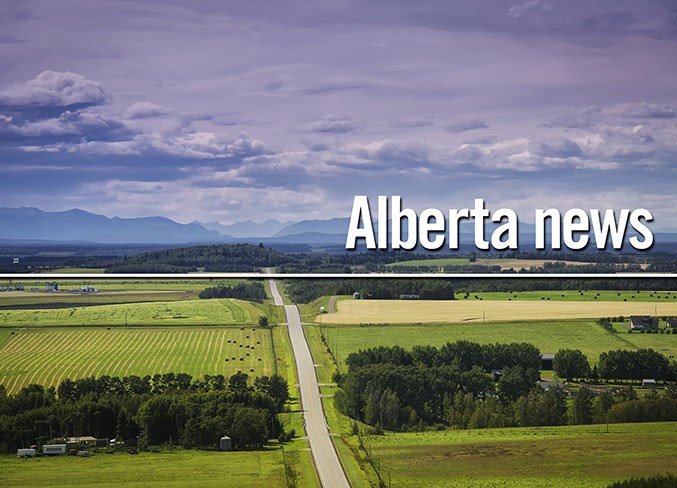CALGARY — Keyera Corp. says the cost of a proposed natural gas liquids pipeline put on hold last year amid the COVID-19 pandemic and commodity price uncertainty has risen by $300 million to $1.6 billion.
Shares in the Calgary-based energy handling and processing company fell by as much as 9.4 per cent or $2.49 to $23.99 on Wednesday after it said the proposed project's cost was adjusted higher mainly because of increased competition from other pipelines being built in Western Canada.
Those projects include the Trans Mountain oil pipeline expansion, which is restarting construction this week after a nearly two-month pause following the death of one worker and serious injury to another, and the Coastal GasLink pipeline in B.C., which is to supply natural gas to the Canada LNG project.
Keyera expects a final investment decision in the spring for its Key Access Pipeline System, designed to collect condensate and other petroleum liquids produced with natural gas in northwestern Alberta and bring them to the liquids processing and storage hub just northeast of Edmonton.
It said the $150 million rise in its half of the pipeline cost is not expected to affect its growth capital budget of between $400 million and $450 million this year, down from $563 million in 2020. Its 50 per cent partner in the project is SemCAMS Midstream ULC.
Keyera reported a net loss of about $75 million or 34 cents per share in the last three months of 2020, versus a net profit of $29.7 million or 14 cents in the same period of 2019.
On his first conference call since taking over as CEO in January, Dean Setoguchi said he's confident of an oilpatch recovery in Western Canada after volumes fell for Keyera amid almost no new drilling in 2020.
"Generally, the feedback we get from our producers is that the results that they're getting from their wells are better than expectations in both cost and performance so I think that's promising," he said.
"Even since December, some of our producers are expanding their programs."
This report by The Canadian Press was first published Feb. 10, 2021.
Companies in this story: (TSX:KEY)
The Canadian Press




